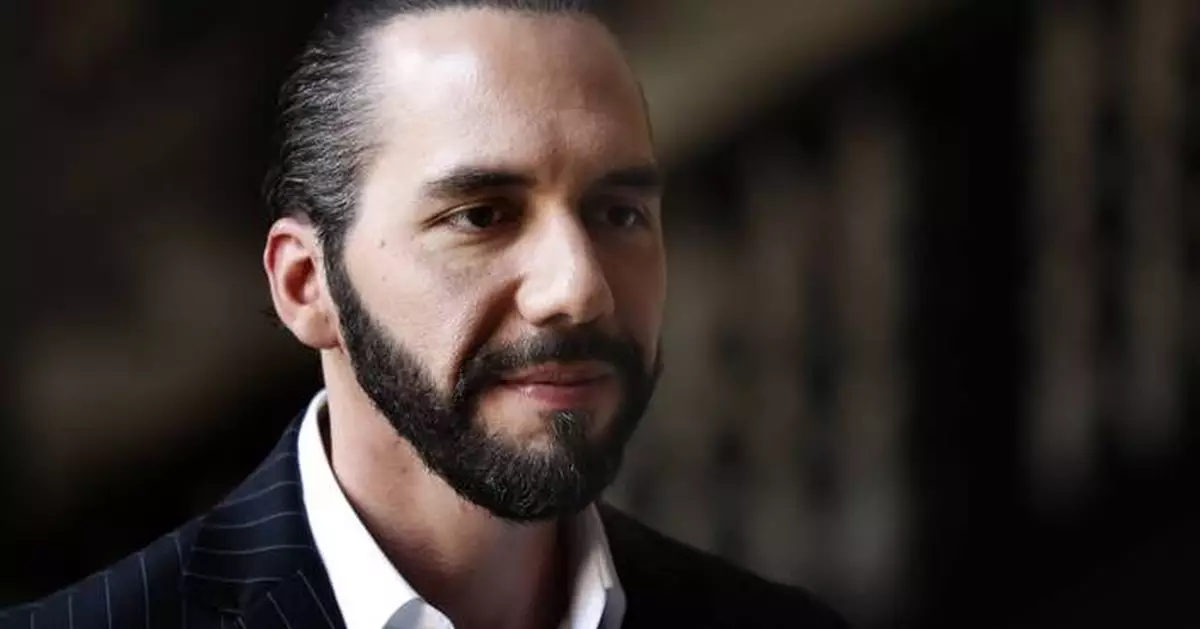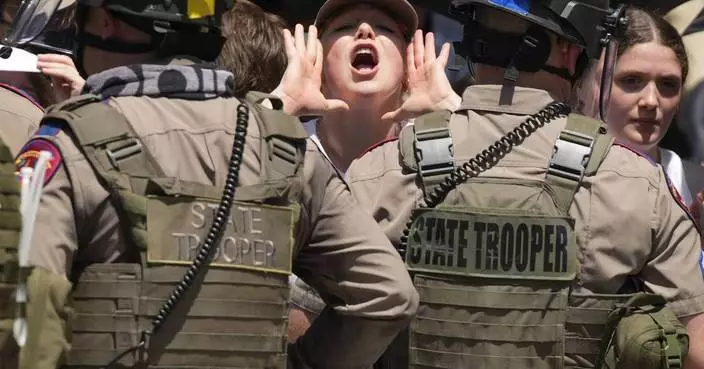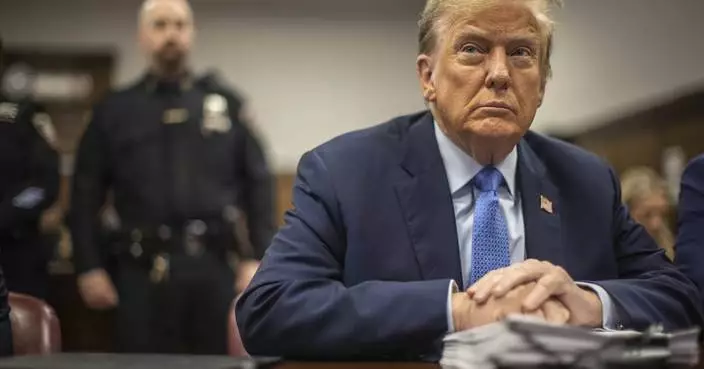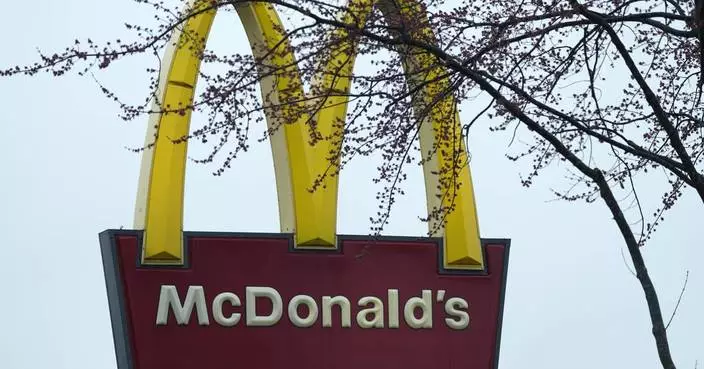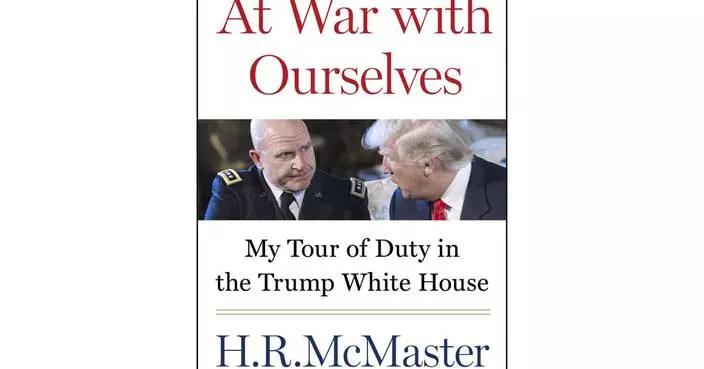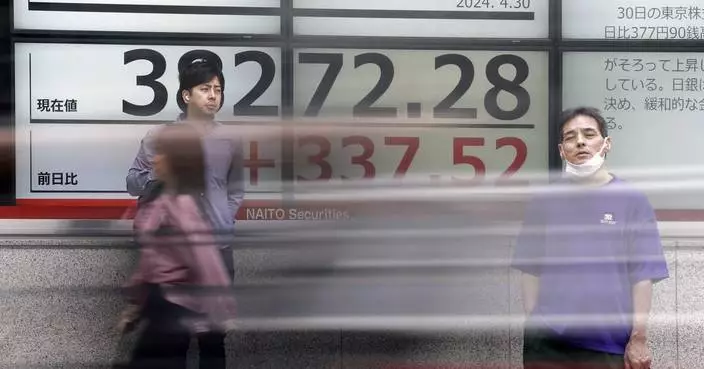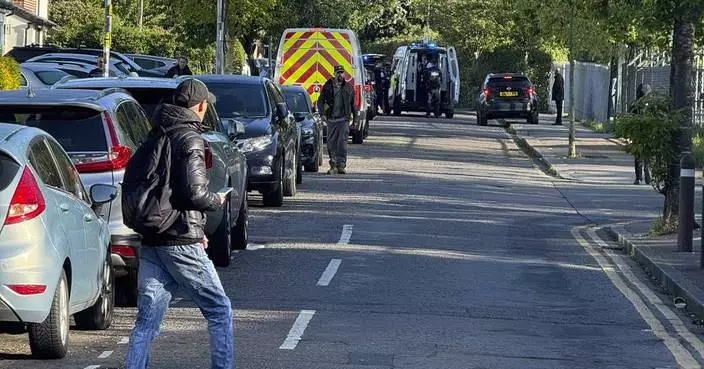SAN SALVADOR (AP) — El Salvador's President Nayib Bukele released the father of a Salvadoran soccer player from prison after the athlete published a plea for his release on social media, authorities confirmed on Wednesday.
Marcelo “El Chiky” Díaz, who plays for El Salvador's national team, on Tuesday published a letter on X, formerly Twitter, saying his father was wrongfully arrested by police as a suspected gang member on the way to see him play on March 30. Díaz pleaded directly to Bukele, who has a firm clench on power after being reelected in February despite a constitutional ban on reelection.
“On behalf of him, myself and our entire family, we ask you from the bottom of our hearts to amend this mistake and that my father can return home, to his routine, to his work and with his family,” wrote the player, who assured that his father is a man who has never had problems with the law.
The arrest of Díaz's father is part of a larger gang crackdown in the Central American nation that has gained Bukele a soaring popularity but has also fueled accusations of mass human rights abuses.
Following a wave of gang violence two years ago, Bukele in March 2022 announced a “state of emergency,” suspending many key constitutional rights and locking up nearly 80,000 people — more than 1% of the El Salvador's population — the government said were suspected as being part of a gang.
People are often arrested with little evidence of gang ties and locked up in prisons likened to torture chambers with little access to due process. In January, Bukele's vice president Félix Ulloa told the Associated Press that the government had “made mistakes” in arresting people who committed no crimes. He said around 7,000 people arrested under the state of emergency had since been released from prisons.
Relatives often go years without seeing their loved ones, but on Wednesday — one day after the soccer player posted the letter on social media — authorities confirmed his father was set free.
“Thanks to everyone, but mainly to God for being a God of justice," Díaz wrote Wednesday on X. “My father is home. He is well, he is healthy, he has been well treated. My solidarity with all the families who are going through similar situations.”
While authorities issued no statement on the release, the incident appears to fall in line with Bukele's larger strategy as he seeks recognition on an international level.
While he has been heavily criticized by human rights groups and other international leaders, the self-described “world's coolest dictator” has harnessed social media to speak to his base. He has turned to celebrities, sports and entertainment events in what experts and critics say is an attempt to change the narrative about his presidency.
Follow AP’s coverage of Latin America and the Caribbean at https://apnews.com/hub/latin-america
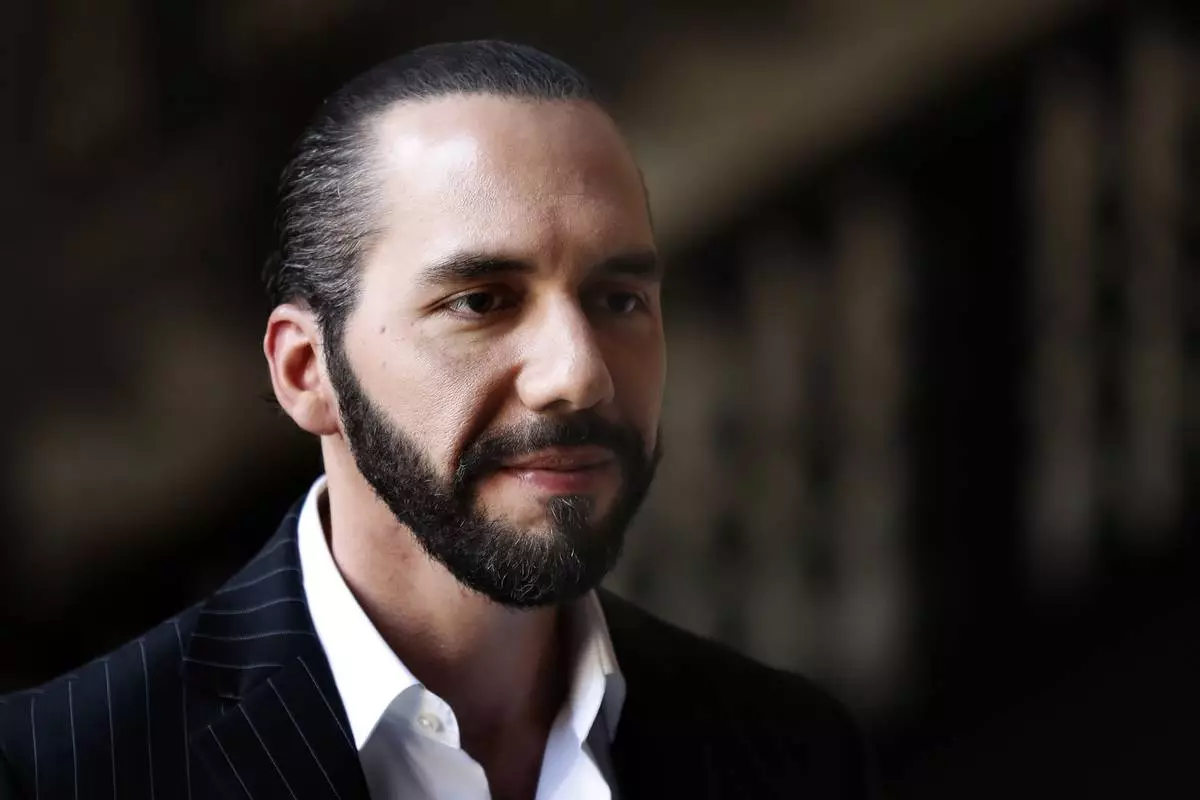
FILE - El Salvador's President Nayib Bukele speaks to the press at Mexico's National Palace in Mexico City, March 12, 2019. Authorities confirmed on April 17, 2024 that Bukele released the father of a Salvadoran soccer player Marcelo “El Chiky” Díaz from prison after the athlete from Salvador's national team published a plea for his release on social media, saying his father was wrongfully arrested as a suspected gang member on the way to see him play. (AP Photo/Marco Ugarte, File)
LONDON (AP) — The European Union said Tuesday that it's investigating Facebook and Instagram over a range of suspected violations of the bloc's digital rulebook, including not doing enough to protect users from foreign disinformation ahead of EU-wide elections.
The European Commission, the EU's executive arm, said it's opening formal proceedings into whether parent company Meta Platforms breached the Digital Services Act, a sweeping set of regulations designed to protect internet users and clean up social media platforms under threat of hefty fines worth up to 6% of annual revenue.
Brussels has been cracking down on tech companies since the DSA took effect last year, opening investigations into social media sites TikTok and X, formerly known as Twitter, and ecommerce platform AliExpress. TikTok bowed to EU pressure last week and halted a reward feature on its new app after the Commission started demanding answers about it.
The investigation includes an urgent request for Meta to provide information about its move to discontinue a key tool for monitoring elections.
“We have a well established process for identifying and mitigating risks on our platforms," Meta said in a statement. "We look forward to continuing our cooperation with the European Commission and providing them with further details of this work.”
European Commissioner Thierry Breton said in a social media post that the bloc is probing Meta "for suspected breach of DSA obligations to protect integrity of elections."
The EU is stepping up measures to safeguard elections as citizens of the bloc’s 27 nations prepare to vote in June for European Parliament lawmakers, amid widespread fears that the latest generative AI systems could be used to disrupt the many votes around the world this year.
The Commission said it's looking into whether Meta is doing enough to curb the spread of “deceptive advertisements, disinformation campaigns and coordinated inauthentic behaviour” that could pose a risk to “electoral processes” and consumer protection.
Officials said they suspected the Meta's content moderation system for advertisements was inadequate, allowing ads made with generative AI including deepfakes to exploited by malicious foreign actors seeking to meddle in elections even as the company makes money from them.
The EU also suspects that Facebook and Instagram might be reducing the visibility in recommendation feeds of political content from accounts that pump out a lot of it - a practice known as shadowbanning - and not being transparent about it with users, which would violate the DSA.
A third concern is Meta's decision to phase out Crowdtangle, a tool used by researchers, journalists and civil society groups for real-time monitoring of trending social media posts including during elections. The Commission is giving Meta five days to respond with information on how it will remedy the lack of such a tool.
The Commission is also investigating whether Meta's mechanism for users to flag illegal content is good enough under the DSA, because it suspects it's neither easy to access nor user-friendly.
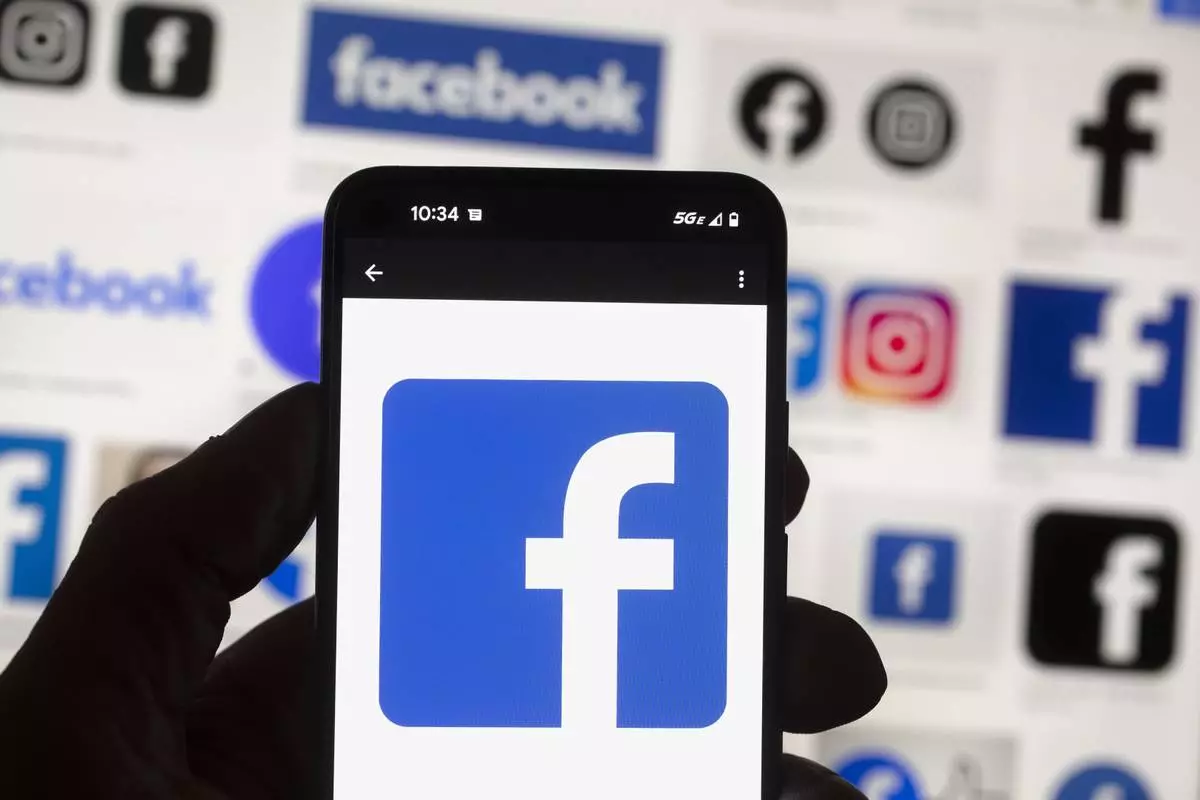
FILE - The Facebook logo is seen on a cell phone in Boston, USA, Oct. 14, 2022. The European Union said Tuesday April 30, 2024 that it's scrutinizing Facebook and Instagram over a range of suspected violations of the bloc's digital rulebook, including not doing enough to protect users from foreign disinformation ahead of EU-wide elections. (AP Photo/Michael Dwyer, File)



